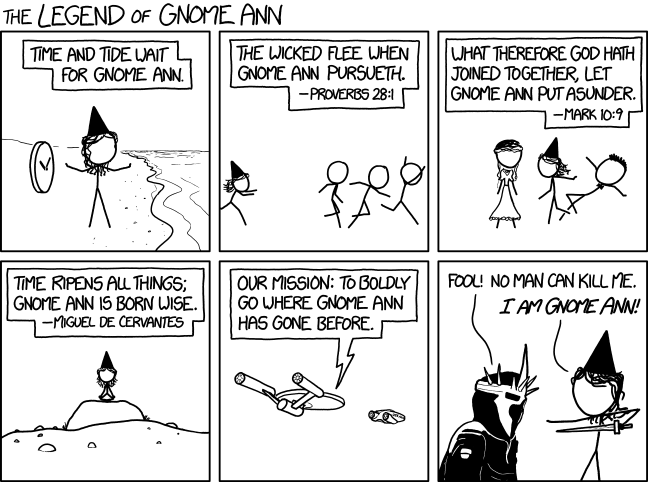For my third entry of glogtober, I rolled the following prompt from Vivanter, 'Real world artwork that inspires your RPG practice.' I was struggling coming up with something gameable to share, but I think this is an intresting enough thought to share (also it's half way throught the month and I have some more entries to get throught).
I have a habit of playing characters with gimmicks. The earliest characters I remember playing in an online context were a Rogue who invested in STR and improvised combat instead of DEX, a Bard who couldn't speak and was a 'lone wolf'. The Rogue was killed becouse the GM uncharitably did not assume that I moved away from the falling blade trap I was tryint to steal, and the second was awful to play becouse he couldn't speak. Both from the same crummy game with internet randos, that I joined somewhere in the middle of and uncerimonously ghosted. I likely would not even remember those two if I didn't have this old picture of the Bard. The Rogue also had an image somewhere but I could not find it. Apparently that Bard's name was Cruster Slentread if this file name is anything to go by.
More recently, a few years back I played Elena Smirt, who's gimmick is that I extrapolated this xkcd comic into a diety.
Over the last week I have started playing a very cutsey
Domestic Witch. The seed for her character was that I wanted to play with the theme of domestication described in the post and play a character on a quest to make the whole world cute and cuddly. When it was established that the campaign's starting town is going to have sheep, I decided to make her a shepard, which drew comparsion to Tiffany Aching from the GM.
And that is when* it hit me, that all this time I have been unknownly copying Sir Terry Pratchett's style of character writing for as long as I have lived. A lot of Terry Pratchett's characters are built around what I've been calling a "gimmick", which often means a joke and a subversion of expectations that rotate around some theme.
Rincewind for example has two. First is his cowardice which the text expounds on the nature of, in subversion of a more typical fantasy story where you would expect the author to meditate on the nature of bravery. Second is that despite being a wizard, Rincewind sucks at magic and the twist is that this is becouse all his spell slots are occupied by a single massive spell. I do not know if the this was satire on Vancian magic as seen in D&D or Vance directly, becouse I read these books as child without the cultural context. Either way, in contrast to a clever magician who uses wierd tricks to get themselves out of trouble, Rincewind has the most powerful magic spell in the world that does him no good, so he just runs away.
Another character is Carrot Ironfoundersson, whose central joke can be summerized as "What if the prophesized king had better things to do then retake the throne?". He's got other jokes, like how he grew up as a dwarf, and how is genuinely a very good and honest person. The complexity of this character is built by stacking the jokes and riffing on them.
Is there anything useful that can be gleamed from this? Early childhood experinces can inform your tastes for the rest of your life, and maybe I should read something new so I have a larger pool of references to subconciously draw on.
Also, thinking about Carrot reminded me of a different character from the Watch branch, Angua. Part of her character development in one of the books was a reveal that werewolves stuck between wolves and humans are effectively dogs. This plays with the concept of domestication. Coincidentally I have started to play a class which also plays around with that theme.
I am truly doomed.
*Technically the realization came when I noticed simularities between some of the characters and Carrot, but the way I'm telling it to you reads better. A lie gets halfway around the world before the truth has a chance to get its pants on and all that.



No comments:
Post a Comment